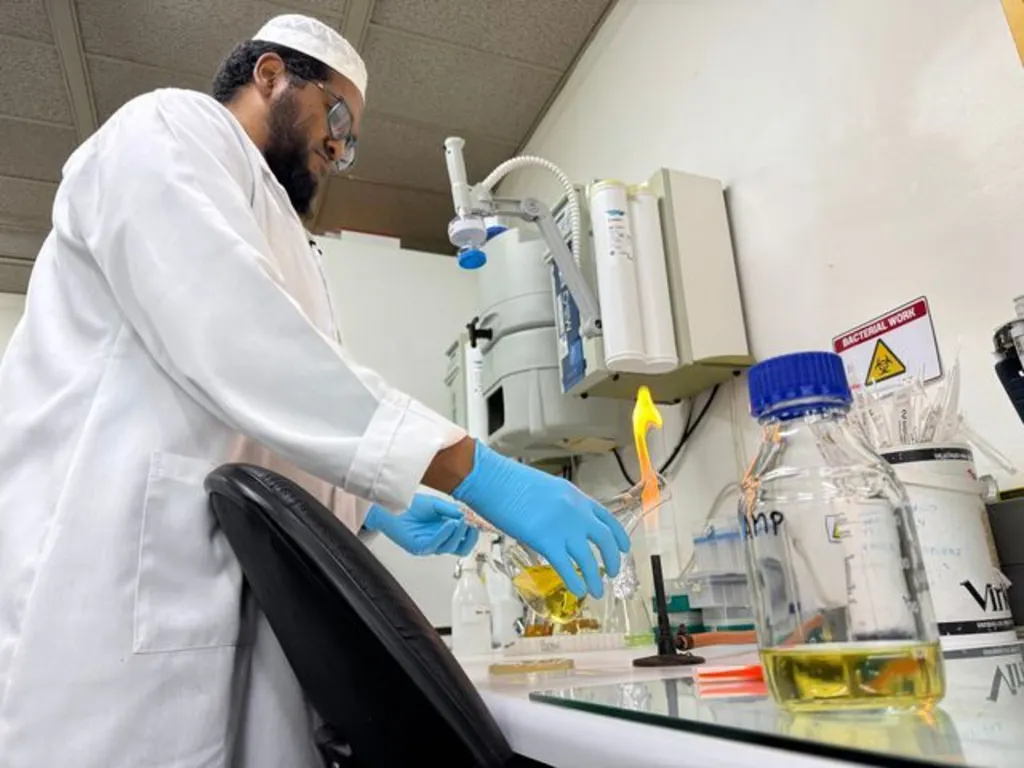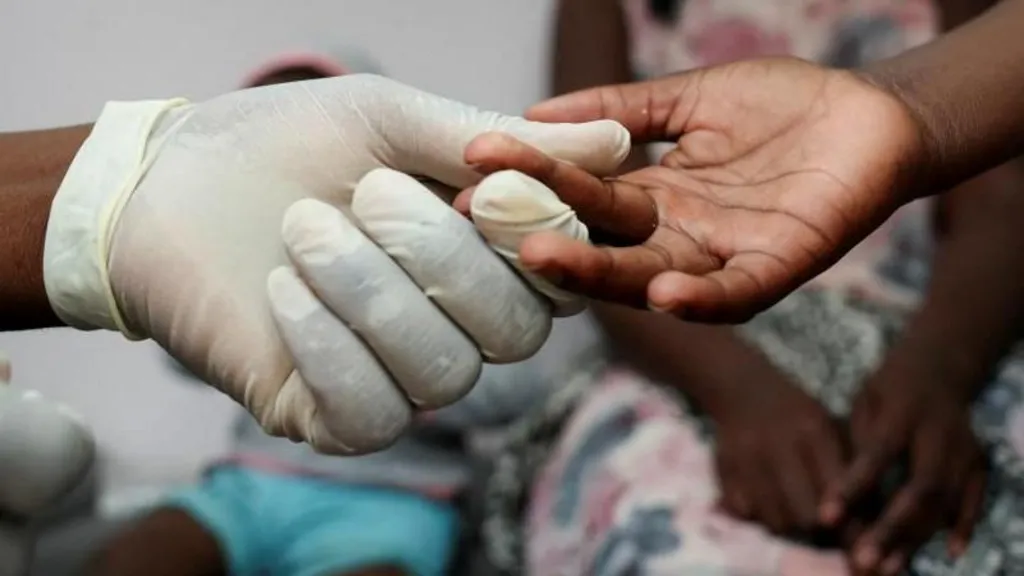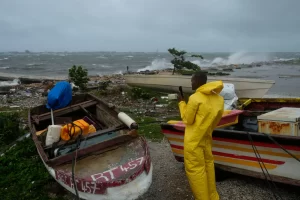What happens when life-saving medication becomes a luxury overnight?
Gugu, a 54-year-old former sex worker living with HIV, knows the answer.
Until recently, she collected her antiretrovirals from a USAID-funded clinic in Johannesburg.
But after US President Donald Trump slashed foreign aid, that clinic—and many like it—shut down.
“I was lucky. They gave me nine months of meds before closing,” she says.
But come September, she’ll be forced to turn to public hospitals, where care can mean spending an entire day in line.
For many sex workers, that’s time they simply can’t afford.
The issue isn’t just access—it’s dignity. “One nurse told us there’s nothing special about sex workers,” Gugu recalls.
It’s stigma like this that could push patients to default on treatment, risking their lives.
What’s The Imapct?
The impact goes beyond individuals. UNAids warns progress is unraveling.
Sub-Saharan Africa had seen a 56% drop in new infections.

But that could reverse. Prof. Lynn Morris of Wits University calls it a “real success story at risk.”
With local labs now scrambling for funding, hopes for an HIV vaccine dim. “We’ve lost critical time,” says Prof. Abdullah Ely.
Gugu puts it best: “This isn’t just about now—it’s about the next generation.”





